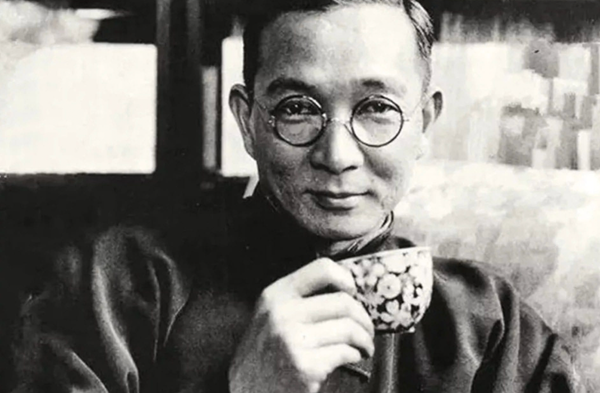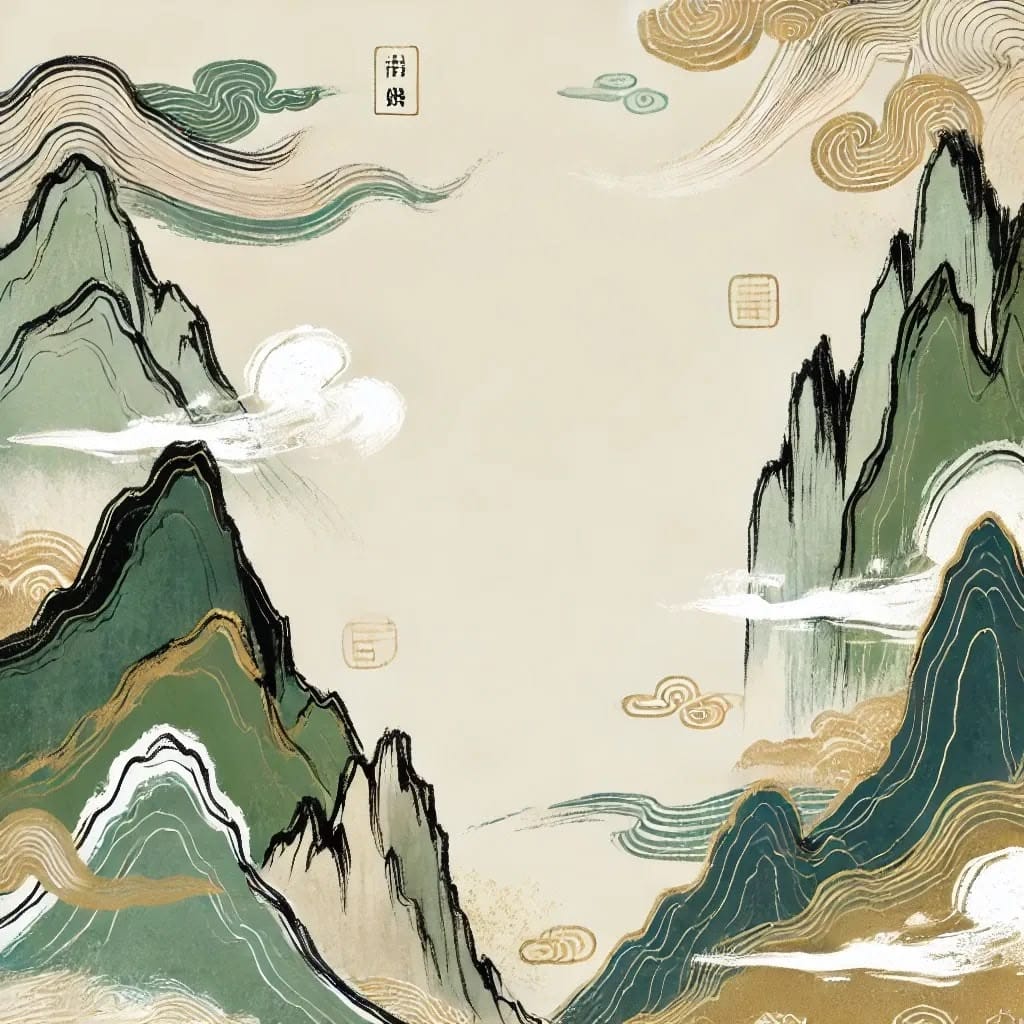Lin Yutang, born in 1895 during the late Qing Dynasty, grew up in a pastor's family and was deeply influenced by Western education. He later obtained a doctoral degree in literature. Throughout his life, he authored many books in English, such as My Country and My People and The Art of Living, both of which were widely popular in the United States. These works even influenced many young writers of his time, including Eileen Chang.
Eastern Roots, Western Lifestyle
Despite being educated in the West, Lin Yutang retained the traditional heritage of his hometown in Zhangzhou, Fujian. His life was marked by a harmonious fusion of Eastern and Western elements, especially evident in his appreciation for cigarettes, alcohol, and tea. He once said:
"I believe that from the perspective of human culture and happiness, some of the greatest inventions in human history that have helped us enjoy space, friendship, socializing, and conversation, are the inventions of smoking, drinking alcohol, and drinking tea."
Lin Yutang considered these three as essential components of social and cultural life, highlighting their common traits: they promote socializing, do not interfere with meals, and can be enjoyed through their aroma.
Lin Yutang’s Ten Principles for Tasting Tea
Lin Yutang was deeply fascinated by the art of tea and summarized ten key principles for drinking tea:
- Tea leaves are delicate and should be kept very clean, away from strong-smelling items.
- Tea should be stored in a cool, dry place, preferably in small tins with a tight seal.
- The art of brewing tea largely lies in the choice of water; mountain spring water is best.
- Tea guests should not be too numerous and must be refined.
- The color of the tea should be clear with a hint of yellow.
- Milk tea should have a lingering aftertaste, best enjoyed half a minute after drinking.
- Tea should be brewed and consumed immediately; avoid letting it sit for too long.
- Only freshly boiled water should be used to brew tea.
- Avoid adding too many spices; a slight addition of cinnamon or osmanthus is acceptable.
- The finest tea should have a "milk flower" fragrance, akin to that of an infant.
These principles remain relevant today, reflecting Lin Yutang's deep understanding of the art of tea tasting.
Lin Yutang’s Special Connection to Tie Guan Yin
In his book The Art of Living, Lin Yutang explicitly mentions only one tea variety: Tie Guan Yin, a tea with deep ties to his native Fujian province. He preferred medium-roast, medium-fermentation Tie Guan Yin, a contrast to the modern trend of lighter roasts. He enjoyed this style of Tie Guan Yin not only for its rich flavor but also for its ability to aid in clearing phlegm, which was particularly beneficial for someone like him who smoked heavily.
Lin Yutang did not simply revere delicate teas. Though he visited famous tea regions such as Hangzhou’s Longjing tea, as a Fujian native, he gravitated toward teas that were robust and full of depth, aligning with his unique approach to tea culture.
Tea as a Metaphor for Life
Lin Yutang saw tea as a metaphor for life. He once said:
"True tea lovers find joy in simply shaking and caressing their tea utensils."
He often used traditional Chinese literary imagery to describe the tea experience, stating that tea must be savored in a quiet and contemplative atmosphere. He even compared the three infusions of tea to the three stages of a woman's life: the first infusion representing a twelve- or thirteen-year-old girl, the second representing a sixteen-year-old young woman, and the third, a mature woman. However, he also pointed out that, from a modern scientific perspective, good tea can be steeped five to six times before it loses its flavor.
Lin Yutang’s Scholar’s Approach to Tea
In Lin Yutang’s view, what mattered most was not the tea utensils or the type of tea, but the inspiration and social pleasure that tea brought to life. He used tea to spark his creative writing and explore philosophical insights about life.
Through Lin Yutang’s tea philosophy, we sense the leisurely wisdom of a scholar, blending both Eastern and Western influences, and an appreciation for the unique life philosophy that ties together cigarettes, alcohol, and tea.


